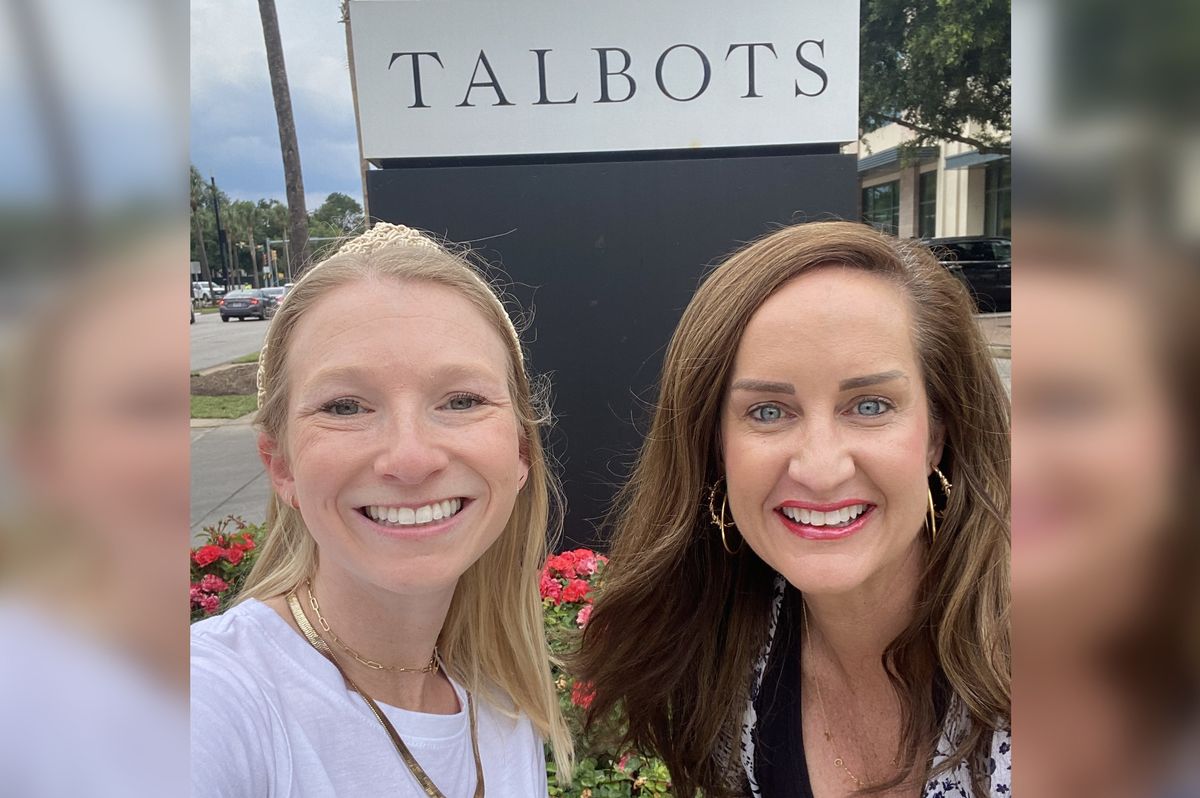Houstonian shares journey of entrepreneurship from pivot to exit to focus on inspiring positivity
HOUSTON INNOVATORS PODCAST EPISODE 247
After years of tolling over her athleisure wear startup, Megan Eddings knew what her company needed for it to be successful, and she knew she wasn't the right person to do it.
Accel Lifestyle, a clothing brand based on Edding's patented antimicrobial Prema fabric, launched late in 2019 just ahead of boutique fitness studio craze was significantly affected by the pandemic. After pivoting to face masks, including manufacturing tens of thousands for the United States Military, Eddings says she went into the next few years with Accel being back on track to design stink-resistant workout clothing.
But Eddings knew the company needed a huge marketing push to make a splash in the direct-to-consumer world.
"The core of who I am is not a social media person," she says on the Houston Innovators Podcast. "That isn't my skillset. If you sell a product, one of the only ways to become wildly successful is to have an incredible marketing strategy that you need a lot of money to build and create. That is not something that I liked.
"I was so passionate about inventing something, but in order to really scale to the next level, I would have had to take on quite a bit of investment money," she continues.
The process of figuring this out wasn't fast — and it wasn't easy, Eddings says. It took a lot of soul searching and figuring out her strengths and what was right for her.
Eddings says she started considering B2B opportunities — some of which were with major retail brands — but these companies weren't willing to make the financial commitment to Accel or its Prema fabric. The one exception was Talbots, which agreed to stock Accel's clothing.
"It was like trying to fit a round peg into a square hole for a solid year," she says, explaining the emotional and mental toll the process took on her.
Eddings says that just as the opportunity for entrepreneurship found her — by way of her husband's sweaty workout gear she felt convinced she could improve — the next opportunity for Accel found her as well. Eddings was invited to film a segment featuring Accel's products on TV.
As great of an opportunity as it was to sell Accel's products, the segment would be even more meaningful to the company. Shortly after the it aired, a man reached out to Eddings with an acquisition offer from him and his two Australian colleagues who want to build a clothing brand as big as Patagonia, Eddings says.
"When the three men flew in, we had a three-hour lunch and I felt like I was sitting with friends," Eddings says. "I decided I was going to sell, and that was pretty much it." The terms of the deal were not disclosed.
Eddings, whose background in medical sales originally brought her to Houston 12 years ago, turned back to the business world — this time tackling another new industry: oil and gas. She's now the chief strategy officer of Houston-based consultancy New Wave Offshore Energy. And as much as she likes this new role, she says she's ready to add onto her plate a new venture taking her experience with making pivots and incorporating positivity into every asset of her life.
"What I've realized is everyone wants to be happier. When I would give talks about entrepreneurship, the No. 1 question I would get as a founder is 'how do you stay so positive?'" Eddings says.
With this inspiration, she's starting a podcast — The Pivot to Positivity — and has already filmed a pilot episode of a TV show with the same focus.
"Everyone just needs more joy in their life," Eddings says.

 Amanda Cotler and Megan Eddings of Accel Lifestyle are celebrating a big win for their company. Photo courtesy
Amanda Cotler and Megan Eddings of Accel Lifestyle are celebrating a big win for their company. Photo courtesy